Born in the years following the Second World War, baby boomers still hold on to habits and traits that the following generations have long since abandoned. Traditions are often held in a much higher regard for those of the boomer generation, with technology less readily embraced and a preference for sticking to tried and tested methods. This article outlines 20 ways in which baby boomers remain old-fashioned when compared to their younger counterparts.
Using a Physical Calendar Diary

Most of us have abandoned the traditional diary for organizing our lives, opting for the calendars on our phones or laptops to mark important dates. Nonetheless, many baby boomers remain attached to their calendars or pocket diaries, preferring to have all their arrangements in a physical book they can carry around.
Consuming Their News from Newspapers
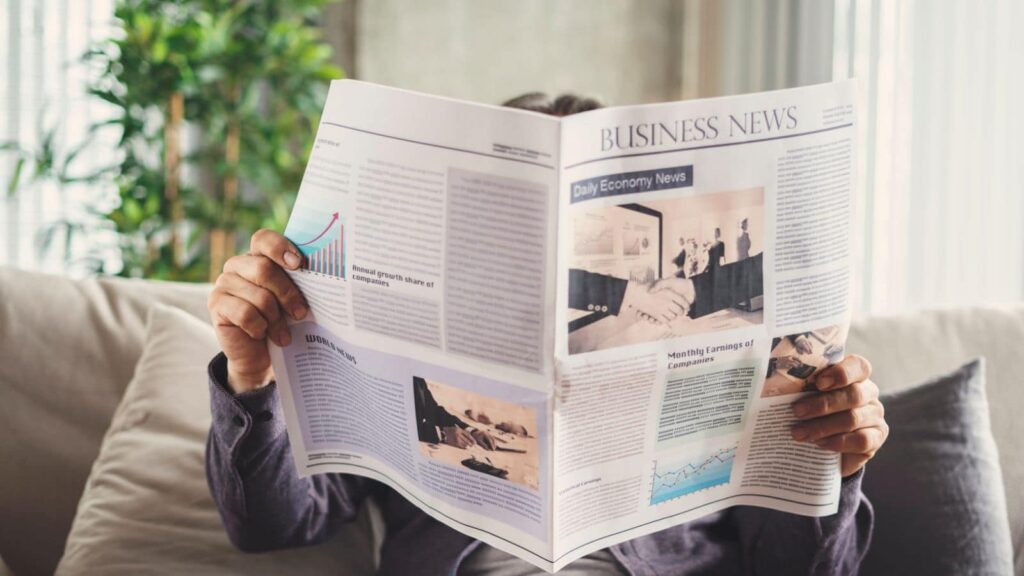
Print newspapers are declining in popularity, as the majority of the population look to apps, social media and websites to consume the news. In contrast, the older generation tend to stick to the tradition of having a daily newspaper to peruse throughout the day, resisting technology's reach into traditional journalism.
Writing and Sending Letters

The growth of email and instant messaging has made writing and posting handwritten letters mostly a thing of the past. For many baby boomers though, the charm of a thoughtful letter maintains its attractiveness and has a level of formality that they don't see echoed in its digital equivalent.
In-Person Meetings

Virtual meeting platforms and video-calling has vastly depleted the amount of face-to-face meetings occurring in the workplace. The convenience of a virtual meeting avoids travelling and the costs and time associated. For baby boomers though, the personal connection and rapport to be built in person is often irreplaceable, not to mention avoiding the technological aspects of virtual meetings.
Vinyl and CDs
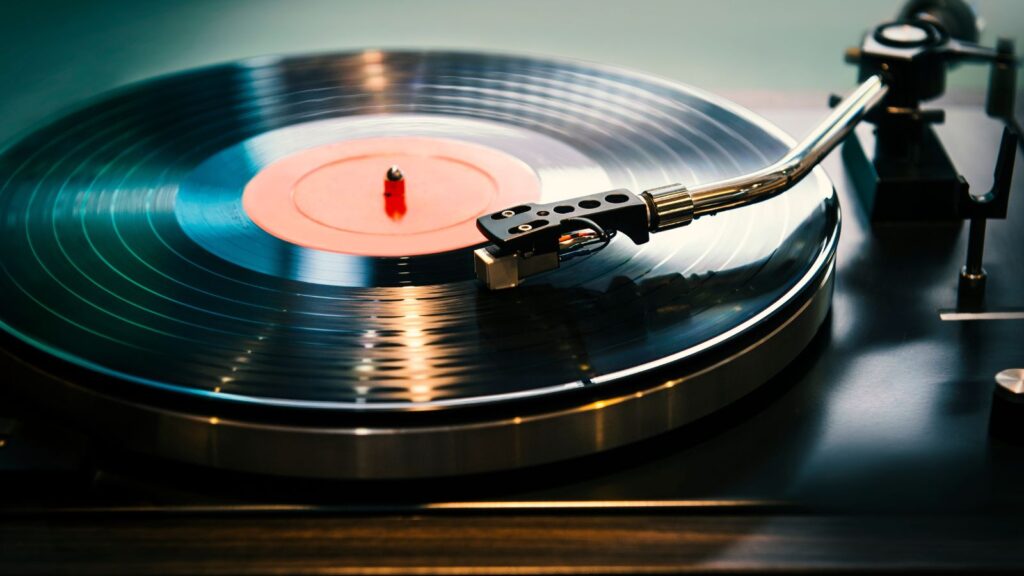
Holding a collection of vinyl records and CDs is much more common for the boomer generation than it is for younger people. CD players have become mostly defunct, while record players are seen as a vintage statement rather than a practical music device. However, many baby boomers still prefer to enjoy their music this way, resisting the streaming services that require subscriptions and a level of technological proficiency to use.
DVDs and Video Tapes
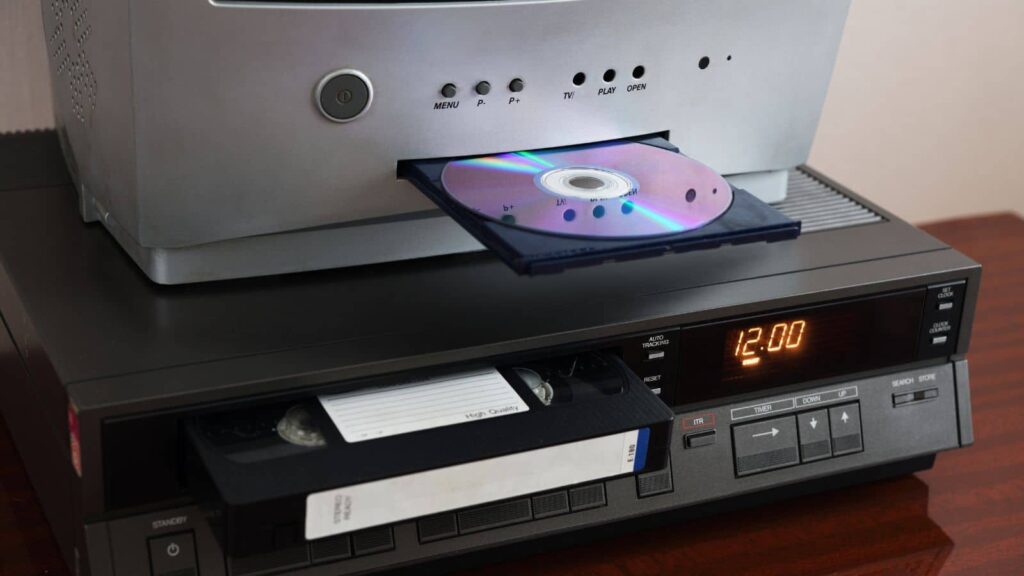
Similarly, where the younger generations have moved to digital streaming platforms to enjoy their TV shows and movies, baby boomers still cling to VHS and DVD players. Where many of us long ago threw away our physical movies, they are more likely to have kept their collection of DVDs and tapes to rewatch time and time again.
In-Store Shopping

The explosion of online shopping has meant the decline in popularity of high street shopping. Afterall, why take the time out to trek to the physical store when you can so easily order everything you need online. Baby boomers though, prefer to stick to the old ways and go in-person to the store. Being able to try things on for size and see their purchases physically tends to be much more important for them.
Physical Address Book
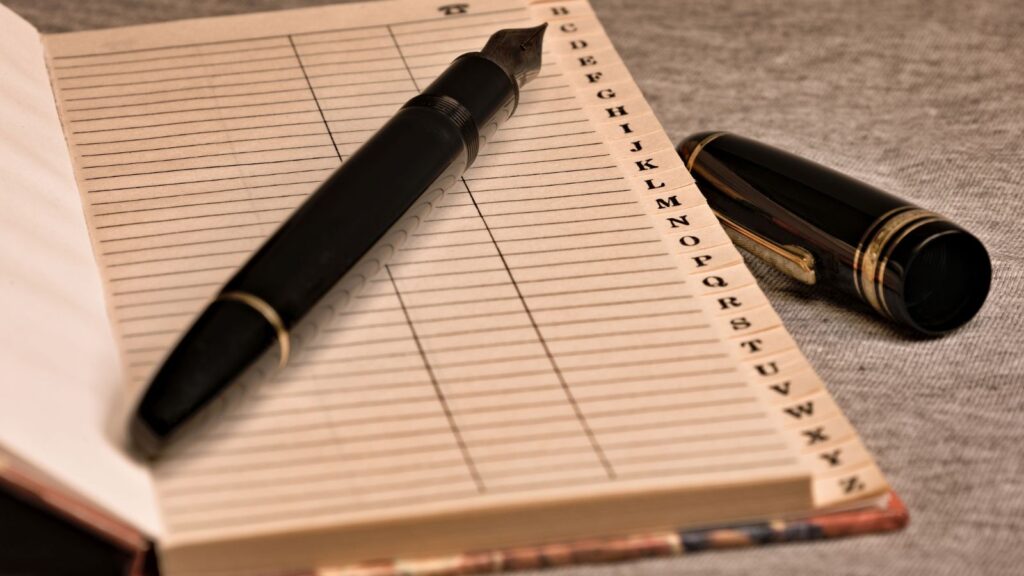
Many baby boomers still have an address book where they write down all the contact details of their friends and families. Where many of us prefer to hold this information digitally on our phones, they prefer to have it written down in their books, often held next to the landline so its easily accessible.
Researching With Books

Need to find some information for an upcoming trip, or a work project requires research? With online search engines, in a few seconds everything you need to know appears like magic. Nonetheless, many baby boomers still look to their physical books, encyclopaedias and dictionaries to source this kind of information, either because they lack the technological literacy to do otherwise or because they distrust online information.
In-Person Banking Over Apps

Baby boomers are much more likely to head into the physical branch of their bank to conduct their financial affairs. Where younger money-savvy people use online banking or apps for a convenient way to organize their finances, the boomers are much more likely to prefer an in-person experience, cashing their cheques and opening accounts with a trusted customer service representative.
Using Recipe Books

The internet and social media is flush with recipes and food hacks from all over the world, making old-fashioned recipe books scarce in most modern homes. Nevertheless, baby boomers often still hold their physical recipes dear, perhaps passed down through family or well worn from many years of use. Afterall, some of the more old-fashioned recipes are actually the most delicious and cost-effective there is.
Having Physical Photographs
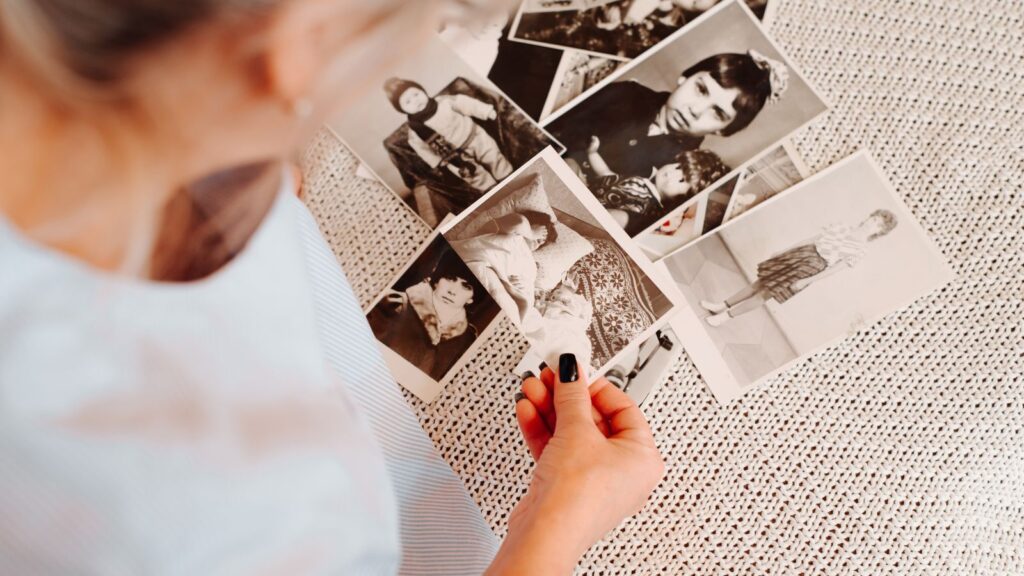
Going to a baby boomer's house often reveals their penchant for physical photos. Framed photos and collages, developed from film or digital cameras, can adorn the walls and tables. Where many of us hold our photographic memories in our phones and digital storage, boomers are much more likely to have albums and framed pictures, a physical account of special times throughout the years.
Resistance to Self-Checkout

Most stores now have a large self-checkout option, replacing the rows of shopkeepers that would scan and sometimes help to pack your shopping. Many baby boomers would rather queue up for the more traditional checkouts than have to do it themselves, even if it means waiting in line for longer. Getting confused and frustrated at the self-checkout is hardly worth the seconds shaved off the waiting time.
Cash is King

Baby boomers are much more likely to carry cash than their younger counterparts. Afterall, they grew up in a time where contactless cards were yet to appear, and cash was in wide circulation through all businesses. For this reason, boomers tend to be more sceptical of digitised finance, preferring to have the physical cash to hand and it be completely under their control.
Sticking to the Landline
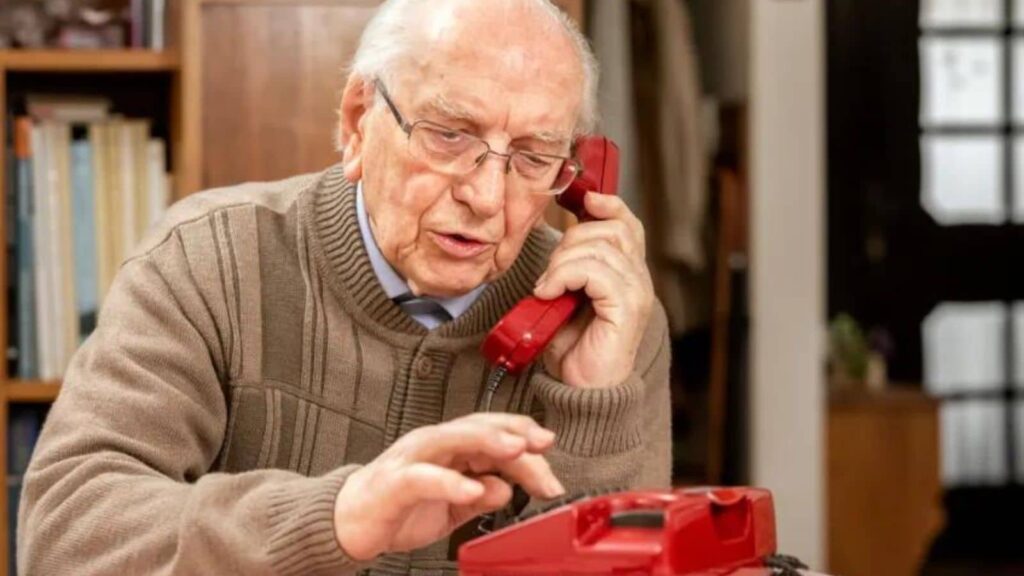
Mobile phones have left landline telephones in obscurity. Rarely do younger generations even have a landline, and if they do it is likely ignored in favour of their mobile. Baby boomers by contrast are much more likely to use their landline, resistant to developing the whole new skill set required for the switch to mobiles.
Using a Radio

Seeing a physical radio in the home is certainly a throwback, often more of a vintage accessory these days than the main source of news or music. The older generation though are much more likely to have held onto their radios, sticking to the habit of their local or national station to get their news or entertainment fix, where the younger generation look to their phones and streaming services.
Using Printed Maps to Get Around

Satellite navigation has transformed the way the world travels, making it instant and easy to find your destination whether on foot, in a car or by using public transport. Many baby boomers though have an inherent distrust for this technology, and might not have smart phones, and so stick to their maps and atlas' for directions. This may be much more time consuming, but the world was discovered this way after all.
Requesting Paper Copies
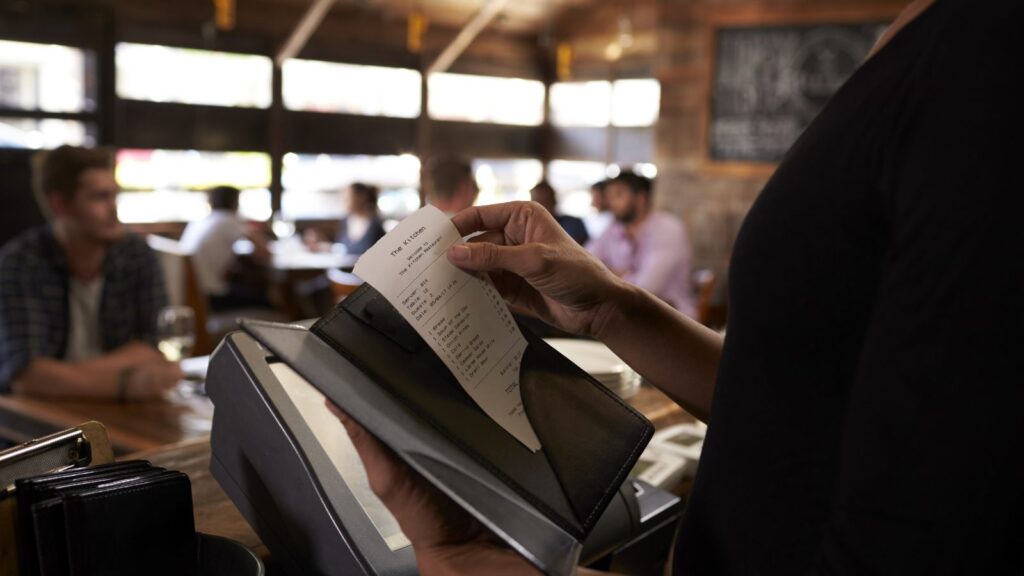
Many retailers, restaurants, hotels and more now provide all their invoices and receipts digitally, saving paper but requiring a level of digital record keeping. For many boomers, this is an uncomfortable step away from their usual physical record keeping. Often they will request paper copies to keep their records how they have always had them, filed away safely at home.